(JNS) As US and Israeli leaders continue to hold meetings in Washington on Tuesday, experts told JNS that the discussions between US President Donald Trump and Israeli Prime Minister Benjamin Netanyahu may be “transformational” for the entire Middle East.
Jonathan Schanzer, executive director of the Foundation for Defense of Democracies, told JNS that what the two leaders have described of their plans could reset the region.
“An end to Iranian aggression, peace between Israel and Syria, plus an end to the Gaza war with resettlement opportunities for Gazans and regional leadership in the Strip? One of these would be a remarkable achievement,” Schanzer said. “All of them would amount to a new Middle East.”
“What the two leaders laid out last night was nothing short of transformational,” he added.
‘Things may be moving in the right direction’
At their White House dinner on Monday, Trump and Netanyahu said that they were working on a plan to relocate Gazans either within the coastal enclave in what Trump called a “freedom zone,” or to third countries.
“I think President Trump had a brilliant vision. It’s called free choice. If people want to stay, they can stay, but if they want to leave, they should be able to leave,” Netanyahu said.
He emphasized that Gaza “shouldn’t be a prison. It should be an open place.”
In February, Trump first suggested that the United States could “own” the Gaza Strip with implications for US involvement that drew criticismfrom some Republican lawmakers and a number of Arab states.
Schanzer told JNS that the latest discussions of plans for the long-term redevelopment of Gaza no longer seem to phase regional leaders.
“I didn’t see a massive backlash to Trump’s comments last night,” Schanzer said. “That seems significant to me. I get the sense that things may be moving in the right direction.”
Assaf Orion, a fellow at the Washington Institute for Near East Politics and a retired brigadier general in the Israel Defense Forces, told JNS that any maximalist versions of those plans to relocate Gazans and reoccupy the Strip would carry “a prohibitive cost in blood and treasure.”
“We haven’t heard of a single country willing to take them in,” Orion said. “It looks like one of the magical thinking solutions that both parties to the conflict share—wishing that when we get up next morning, the other side won’t be here. I don’t see it as a realistic option.”
“If we are to occupy Gaza and manage it with military rule, this would be our national project for the next generation,” he added. “This is billions and billions of dollars, and 100,000s of soldiers and an endless amount of casualties.”
Schanzer and Orion agreed that Netanyahu is likely conducting this latest trip to Washington—his third since Trump resumed office—with an eye to potential elections that could improve his majority in the Knesset and reduce his reliance on right-wing parties led by Itamar Ben-Gvir, Israel’s national security minister, and Bezalel Smotrich, its finance minister, both of whom object to a ceasefire-for-hostages deal with Hamas.
“This visit undeniably boosts Netanyahu’s political profile at home,” Schanzer said. “But Bibi has some big choices ahead. Does he call for snap elections as a means to ride the wave of successes he’s experienced? There is risk. But there is also risk in riding out his term with Ben-Gvir and Smotrich, who will try to derail any efforts to reach an end to the conflict in Gaza.”
“Netanyahu may not love the idea, but Trump does,” he stated. “And that accounts for quite a lot.”
“It’s very clear in recent weeks that he’s already campaigning for elections,” Orion said. “I think that Netanyahu—the No. 1 politician in Israel, bar none—knows how to identify the political and electoral potential of the victory over Iran. He also knows how to play the political potential of his relations with President Trump. He’s now showing his hand as the statesman, as the victor of Iran, as the savior of the nation from nuclear annihilation.”
“He may be seeing an election as an option, maybe even a desirable option,” Orion said. “The calculus that guided Netanyahu so far in decisions about Gaza might have changed a little with elections before his eyes.”
‘It’s not a one-shot problem’
Trump said on Monday that the United States would begin “very high-level” direct talks with the Iranians on Saturday to try to find a solution for Washington’s remaining issues with Iran’s nuclear program after the US strikes in mid-June on the Fordow, Natanz and Isfahan nuclear facilities.
“We’re dealing with them directly, and maybe a deal is going to be made, that’ll be great,” Trump said. “It’ll be really great for Iran, I can tell you that.”
One of the open questions about negotiations with Iran is whether the US and Israeli air campaign against Iran’s nuclear sites, air defenses and military leadership has left them more open to a deal or will push them to further preserve and conceal their nuclear activities.
“The regime has very little leverage right now,” Schanzer told JNS. “I don’t know if a nuclear deal matters at this moment. Deterrence and freedom of action seem to be the key ingredients to prevent a renewed nuclear program. A deal with Iran that ends the nuclear program, the ballistic-missile program and the proxy network would be a massive lift. But if there was ever a time to try, it would be now.”
Orion said he had concerns that despite the “world-class” air campaign against Iran, the United States and the international community might falsely view the problem of Iran’s threat to Israel as settled.
“There is a high probability that they won’t agree on the diplomatic side, that they will slow roll the negotiation, and, on the side, they will try to recuperate, to salvage whatever’s possible and to hide it somewhere,” Orion said. “It’s not a one-shot problem. It’s an ongoing effort.”
That commitment will have to be similar to the campaign against Hamas, even if the war in Gaza comes to an end, Orion told JNS.
“I think with Iran, the game is still on,” he said. “It’s not ‘Mission Accomplished.’ We can’t go and have beers because this problem is solved. On Gaza, there’s a wide understanding that this war must end, even if we will need to continue campaigning against Hamas for years and decades to come. There’s no total victory in that sense.”


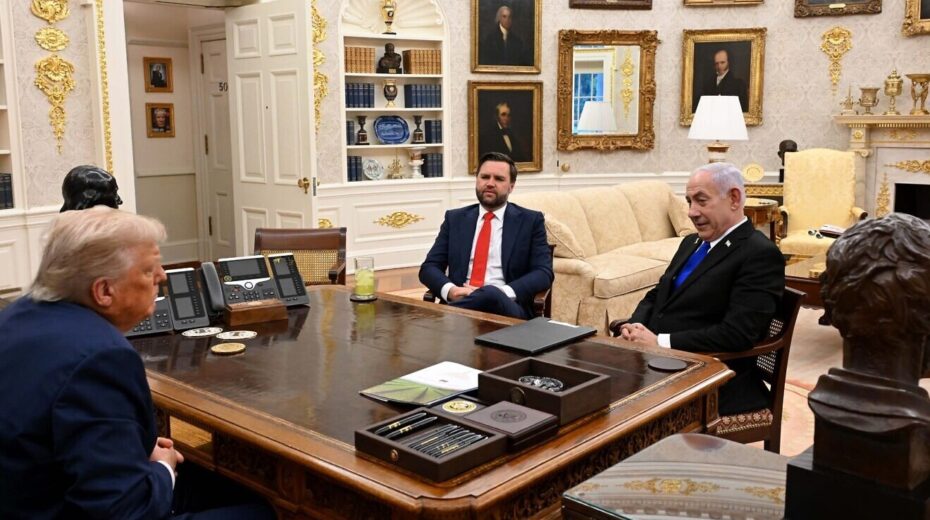


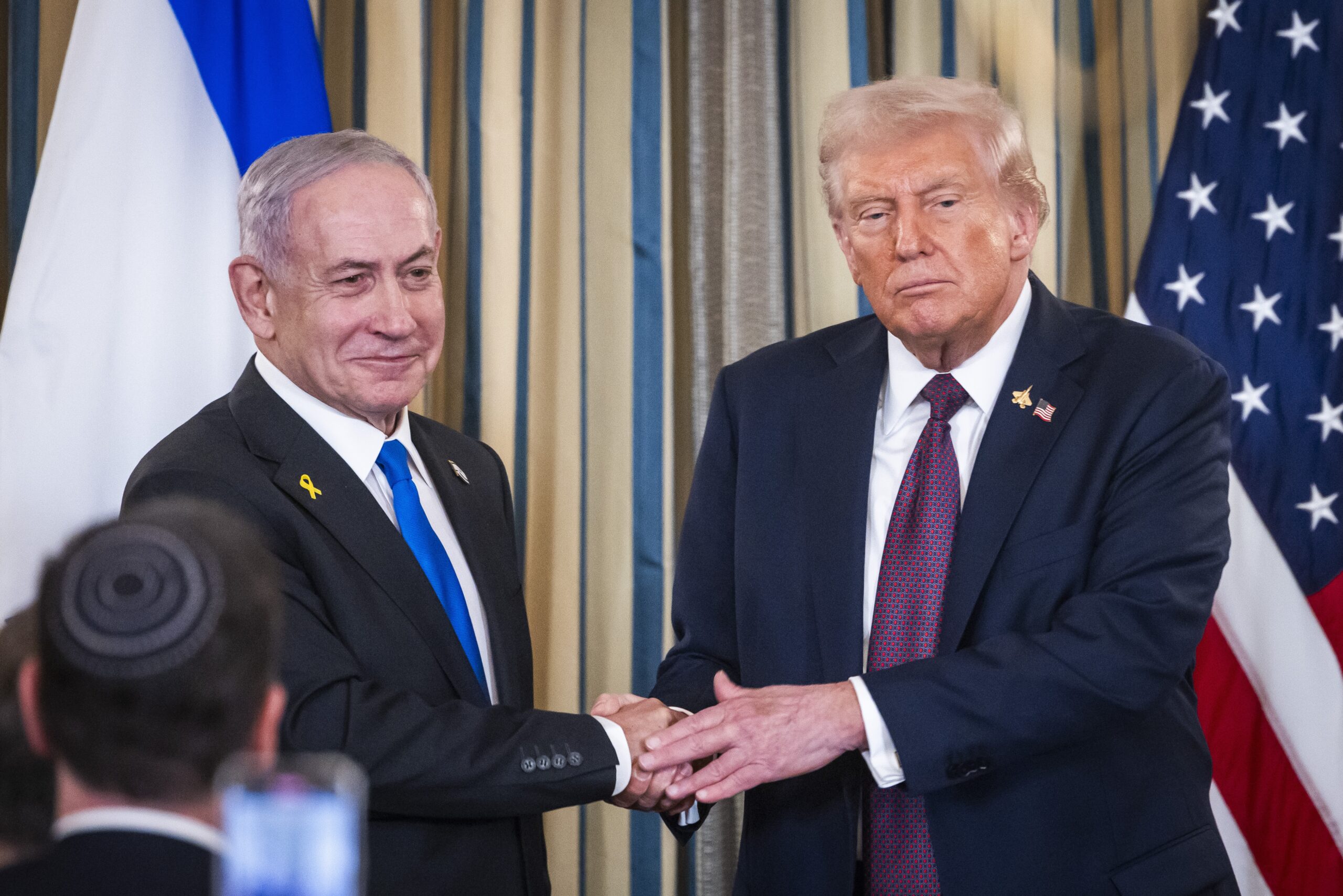


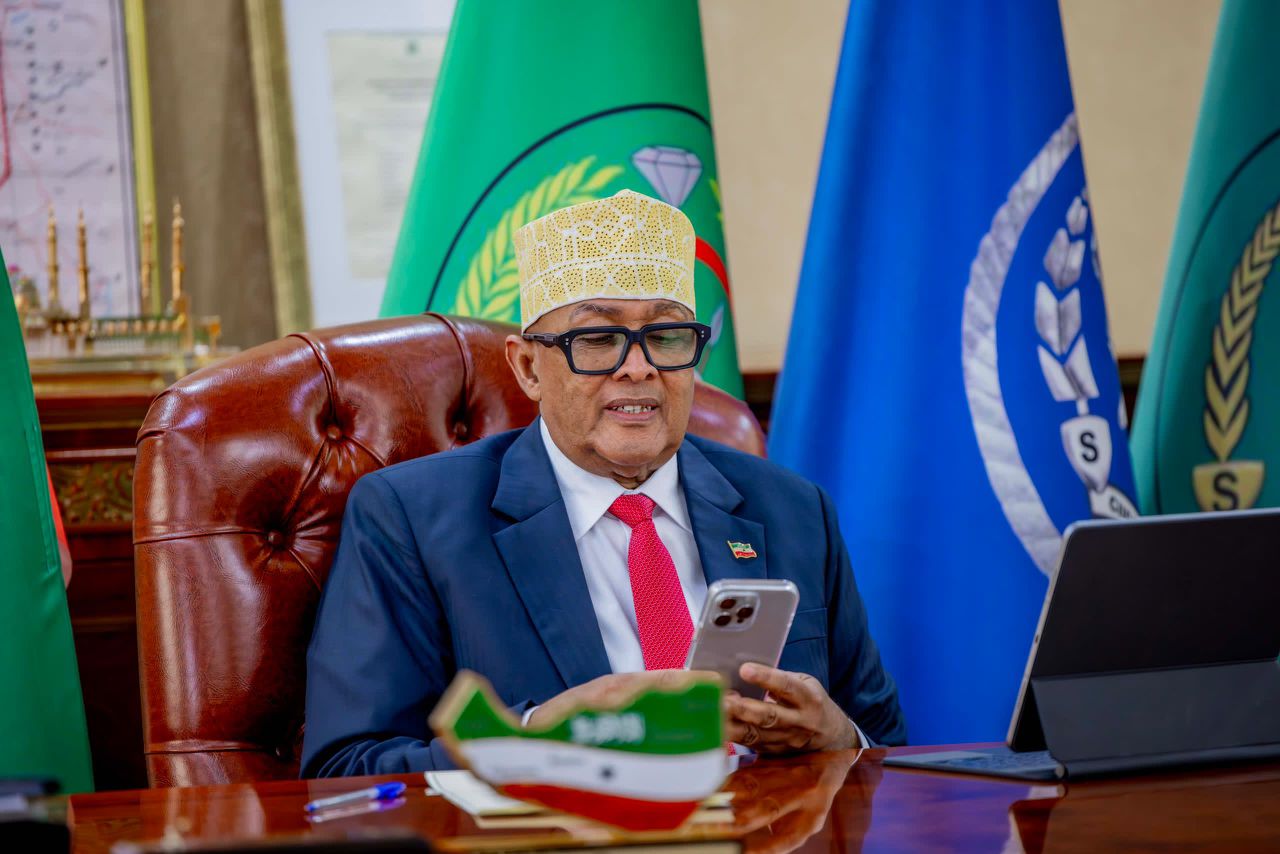

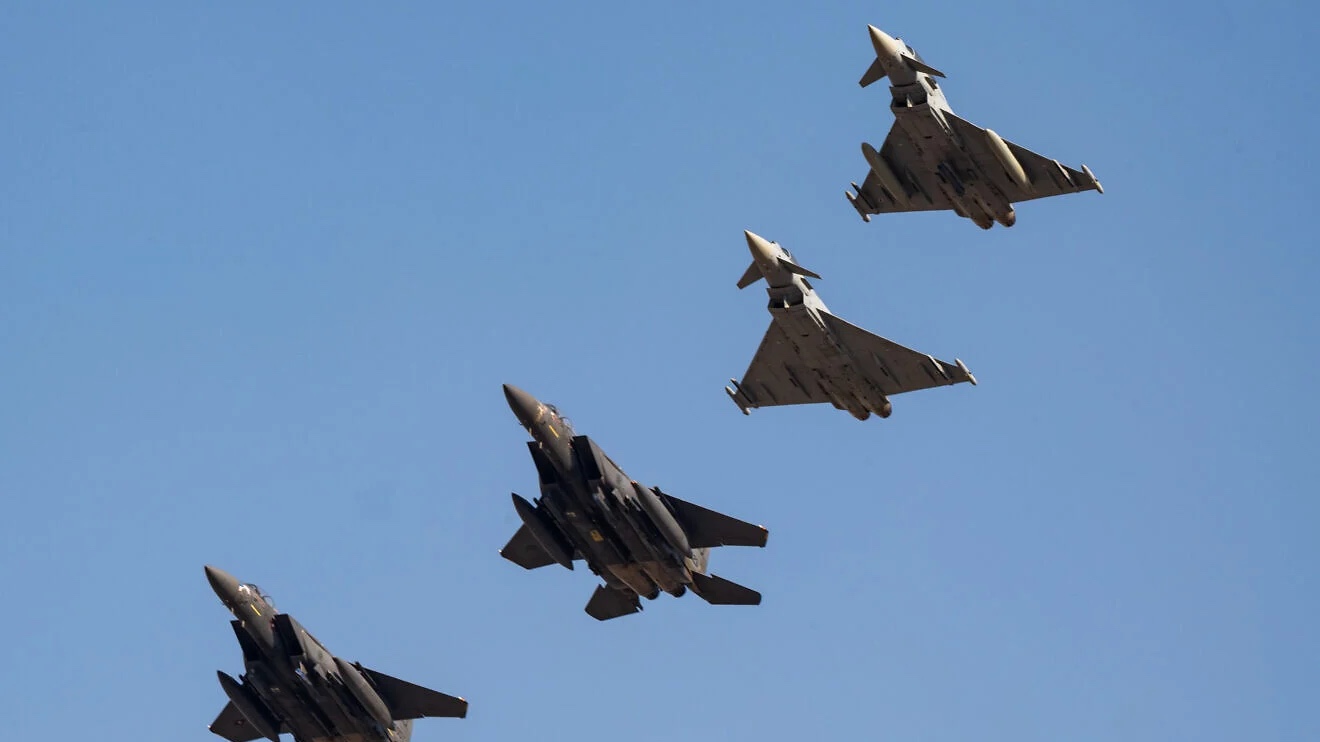
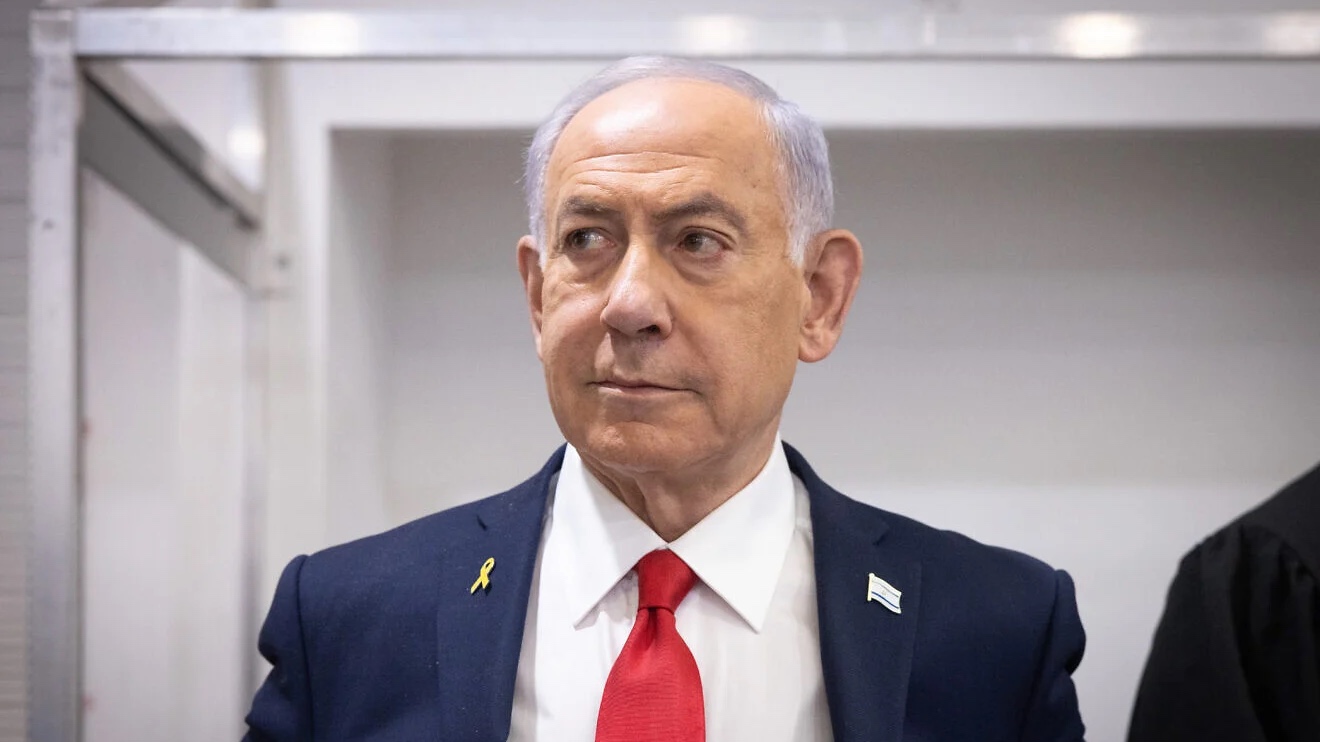



As I believe in miracles, I am now praying that at least 2million Palestinians will not only want to leave, but will have somewhere to go !